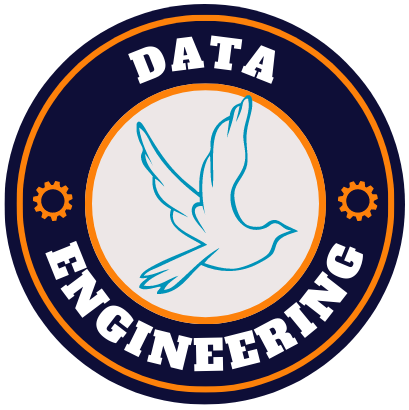Dictionaries
Dictionaries are collections of key-value pairs. Each key in a dictionary is unique and maps to a value. Dictionaries are created using curly braces {} or the dict() function. # Creating a dictionary of names and ages my_dict = {“Alice”: 25, “Bob”: 30, “Charlie”: 35} # Creating a dictionary of stock prices stock_prices = {“AAPL”: … Read more
